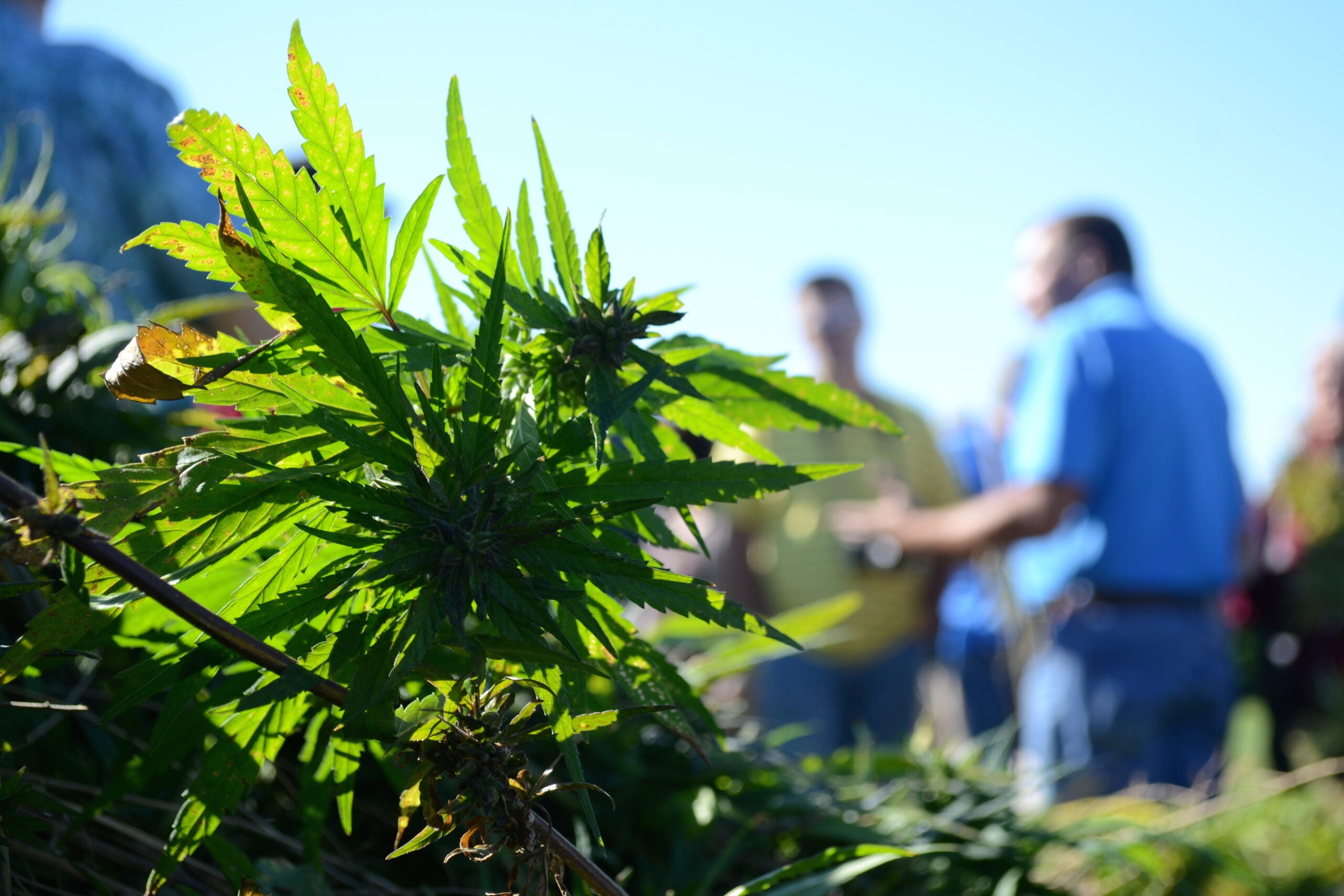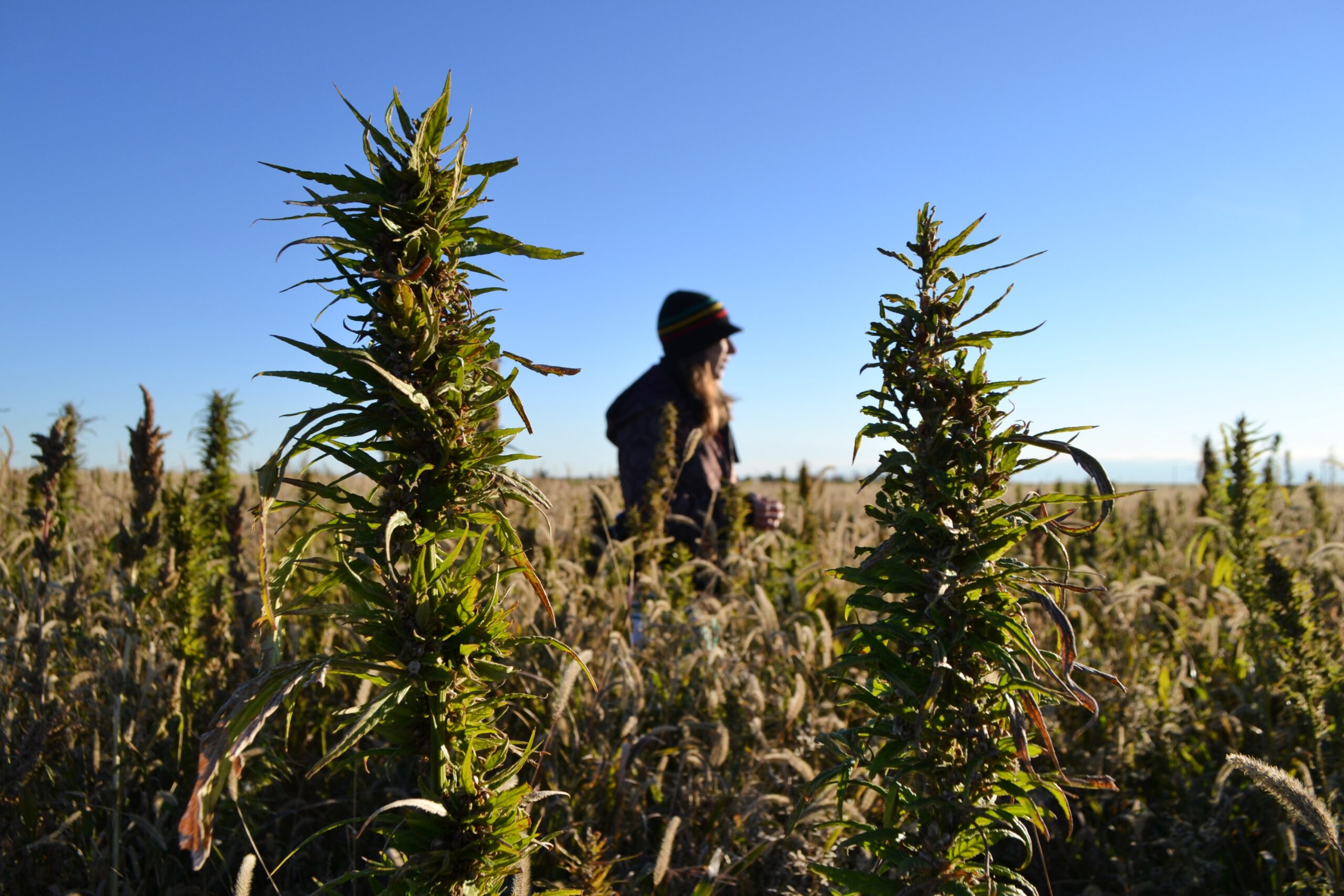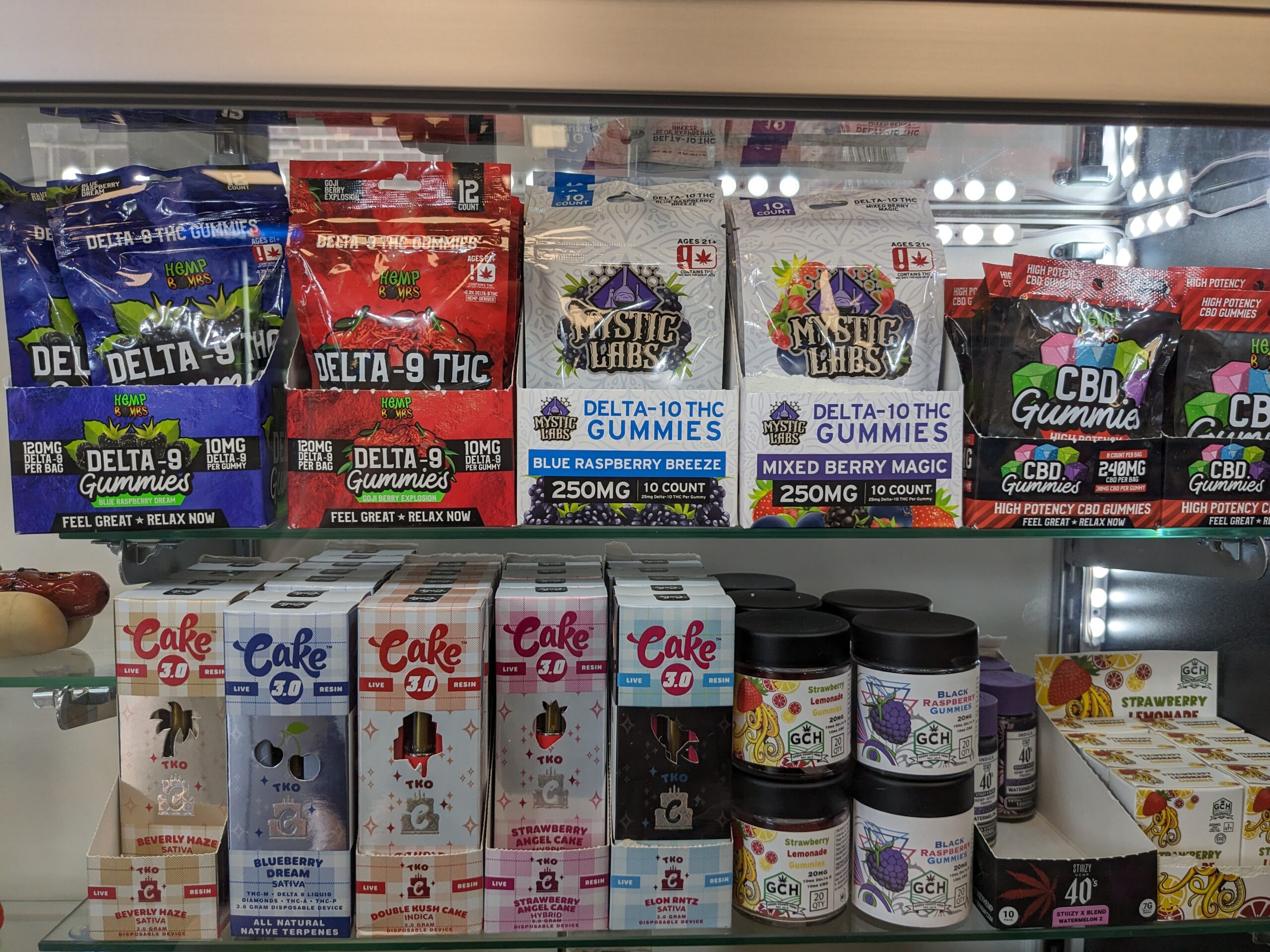A bipartisan group of lawmakers and representatives from Wisconsin’s burgeoning hemp industry are pushing for updated regulations for the crop in Wisconsin.
Wisconsin legalized industrial hemp — which is used to produce a variety of products, from rope to granola bars — in 2017. The law, which received bipartisan support, allows farmers to grow hemp under certain conditions.
But, according to Larry Konopacki, general counsel for the Wisconsin Hemp Alliance, law governing hemp production in Wisconsin needs updating, thanks to Congress’ action in the 2018 Farm Bill.
News with a little more humanity
WPR’s “Wisconsin Today” newsletter keeps you connected to the state you love without feeling overwhelmed. No paywall. No agenda. No corporate filter.
That federal legislation legalized hemp across the country, but also made changes to definitions of the product that make Wisconsin’s law obsolete.
“If we do not pass this legislation, Wisconsin hemp producers will fall by the wayside while all the other states continue to produce,” Konopacki said at a Capitol press conference on Thursday.
According to the state Department of Agriculture, Trade and Consumer Protection, more than 2,000 individuals and businesses have applied for licenses to grow or process hemp this year.
Before 2017, farming hemp hadn’t been legal in the state for decades, though it was once popular. The practice was outlawed due to the plant containing a small amount of THC, the chemical that gives marijuana users a high.
Sen. Patrick Testin, R-Stevens Point, the sponsor of the 2017 legislation, called hemp Wisconsin’s “comeback crop.”
“Wisconsin is poised once again to be a national leader in hemp,” Testin said. “I firmly believe hemp is the next speciality crop from Wisconsin, much like potatoes and cranberries.”
The new proposal, also sponsored by Testin and a bipartisan coalition of lawmakers, will re-authorize hemp growing in Wisconsin and make a number of other technical changes.
Tommy Enright, member of the Wisconsin Farmers Union, said hemp could be a major boon for Wisconsin’s agriculture industry.
“We’re currently hearing a lot of bad news coming out of agriculture,” Enright said. “But hemp is a potential diversification strategy that’s bringing some much-needed optimism in rural Wisconsin.”
The push comes just days after the U.S. Department of Agriculture issued a new legal opinion about interstate transport of hemp, saying states cannot prosecute individuals who transport legally-produced hemp across state lines.
Several law enforcement groups have voiced some concerns with a provision in the bill that would remove THC from the definition of “restricted controlled substance” in state OWI laws.
Testin said that provision will likely be removed from this legislation and introduced at a later time as a separate bill.
The legislation has yet to be voted on in a Senate or Assembly committee.
Wisconsin Public Radio, © Copyright 2026, Board of Regents of the University of Wisconsin System and Wisconsin Educational Communications Board.






